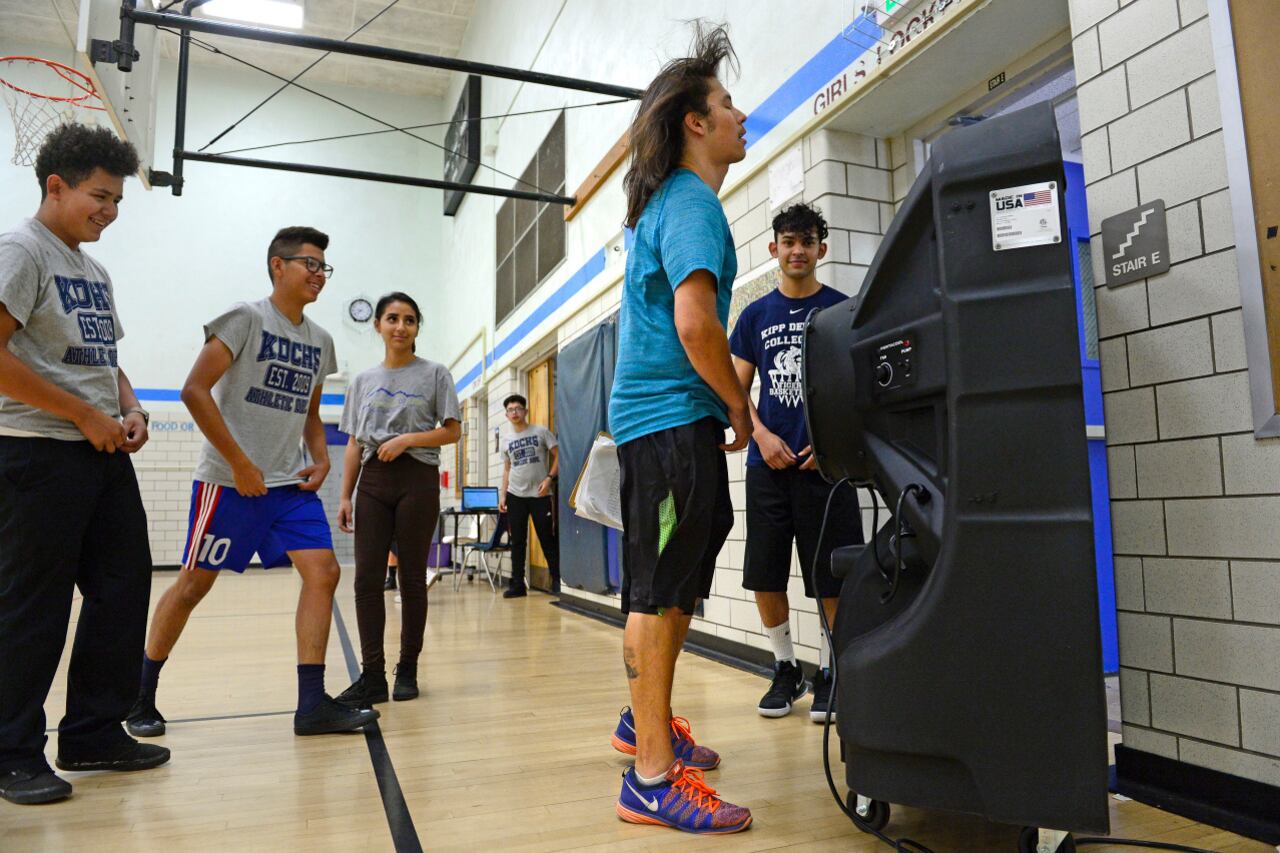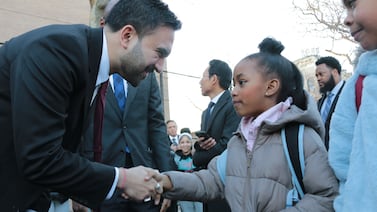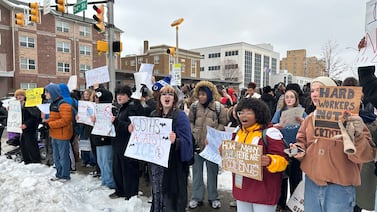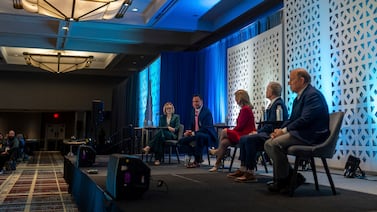School in Denver will start a week later than usual this fall in an effort to lessen the likelihood of hot classrooms due to outdoor temperatures that can soar into the high 90s.
The 2021-22 school year will start on Aug. 23 and end June 3, according to a calendar unanimously approved by the Denver school board Thursday. This calendar still allows for a week off at Thanksgiving and two weeks off for winter break.
The board also approved a similar calendar for the 2022-23 school year that will start Aug. 22, 2022 and end June 2, 2023 and maintain the same length breaks.
Fifty-five Denver schools currently do not have air conditioning. Six of those 55 schools will get air conditioning this calendar year, according to a district presentation. Another 25 schools are slated to get air conditioning thanks to a $795 million bond passed by Denver voters in November. But most of that work won’t happen until 2022.
The approved calendars represent a middle ground. The board was given three options for this fall: Starting the year Aug. 16 as usual, starting Aug. 23, or starting Aug. 30. The third option would have provided the most heat mitigation but would have shortened the Thanksgiving and winter breaks, which proved less popular with teachers and principals.
“There are a lot of competing demands on the calendar, and I think this is a good compromise,” board member Barbara O’Brien said of the Aug. 23 start date.






